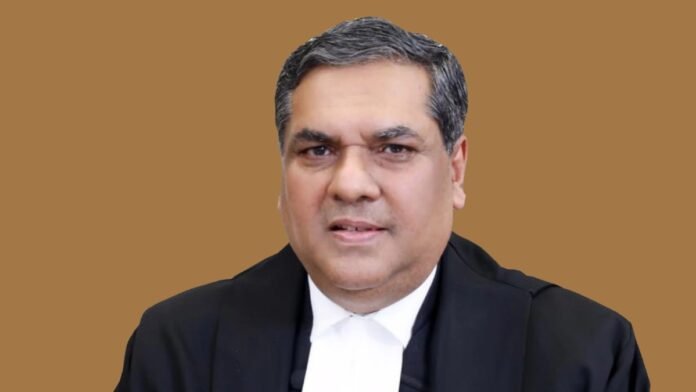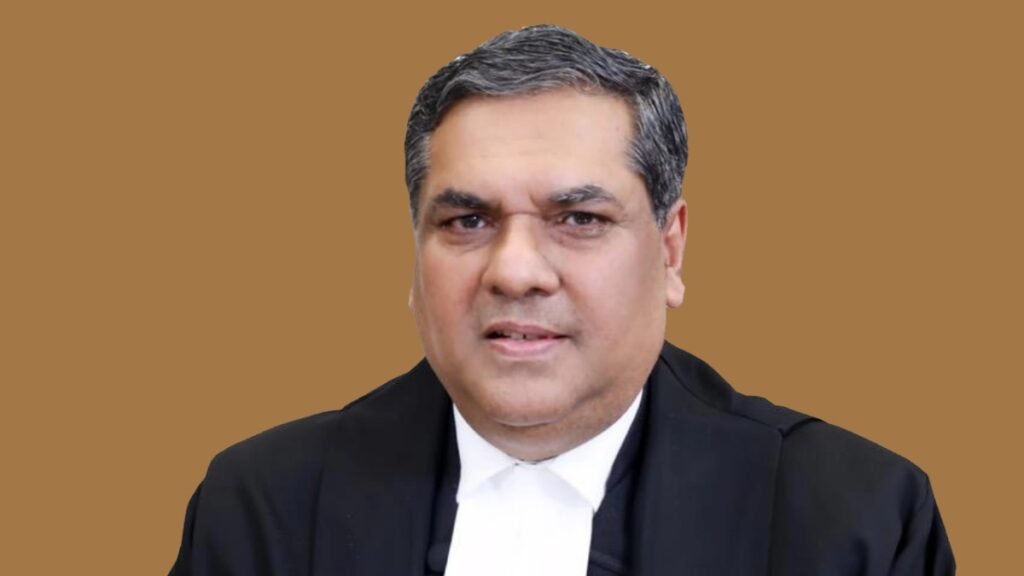
New Delhi : As Chief Justice of India (CJI) DY Chandrachud’s tenure nears its end, the Supreme Court prepares for a significant transition. In a key development, CJI Chandrachud has officially recommended Justice Sanjiv Khanna to succeed him as the 51st Chief Justice of India. Justice Khanna will assume the prestigious role for a brief tenure of approximately six months, holding office until May 13, 2025.
Currently serving as a judge in the Supreme Court, Justice Khanna’s rise to the CJI position is notable as he has never held the role of Chief Justice in any High Court a rare occurrence in the judiciary’s history. His legal career, however, is marked by a series of distinguished appointments and important judicial contributions.
From Lawyer to Chief Justice: The Journey of Justice Sanjiv Khanna
A native of Delhi, Justice Khanna earned his law degree from the University of Delhi. He began his legal career in 1983 after registering with the Bar Council of Delhi, initially practicing at the Tis Hazari and Saket Courts. His legal acumen soon led him to the Delhi High Court, where he was appointed an Additional Judge on June 24, 2005. Within a year, on February 20, 2006, he was confirmed as a Permanent Judge of the Delhi High Court.
Justice Khanna’s steady rise through the judiciary culminated in his appointment to the Supreme Court on January 18, 2019. This elevation came on the recommendation of the Supreme Court Collegium, chaired by then-CJI Ranjan Gogoi, in December 2018.
A Role in Landmark Verdicts: Justice Khanna’s Key Contributions
Throughout his tenure on the Supreme Court, Justice Sanjiv Khanna has been involved in several landmark decisions. Notably, he was part of the bench that declared the controversial Electoral Bond Scheme unconstitutional, a ruling that impacted the transparency of political funding in India. Justice Khanna also played a pivotal role in upholding the abrogation of Article 370, which revoked the special status of Jammu and Kashmir. During the ruling, he stated that Article 370 represented “asymmetric federalism” rather than sovereignty, and its removal would not disrupt India’s federal structure.
Looking Ahead: Justice Khanna’s Six-Month Tenure as CJI
Justice Khanna’s appointment as the next CJI comes at a crucial time, with several significant cases expected to be heard during his six-month tenure. His brief period as Chief Justice will see him overseeing important constitutional matters, and his judicial philosophy, shaped by decades of experience, will undoubtedly influence the decisions of the Supreme Court during his leadership.

India now awaits May 2025, when Justice Khanna’s term as Chief Justice will conclude, marking the end of an era for one of the judiciary’s most respected figures.
















































